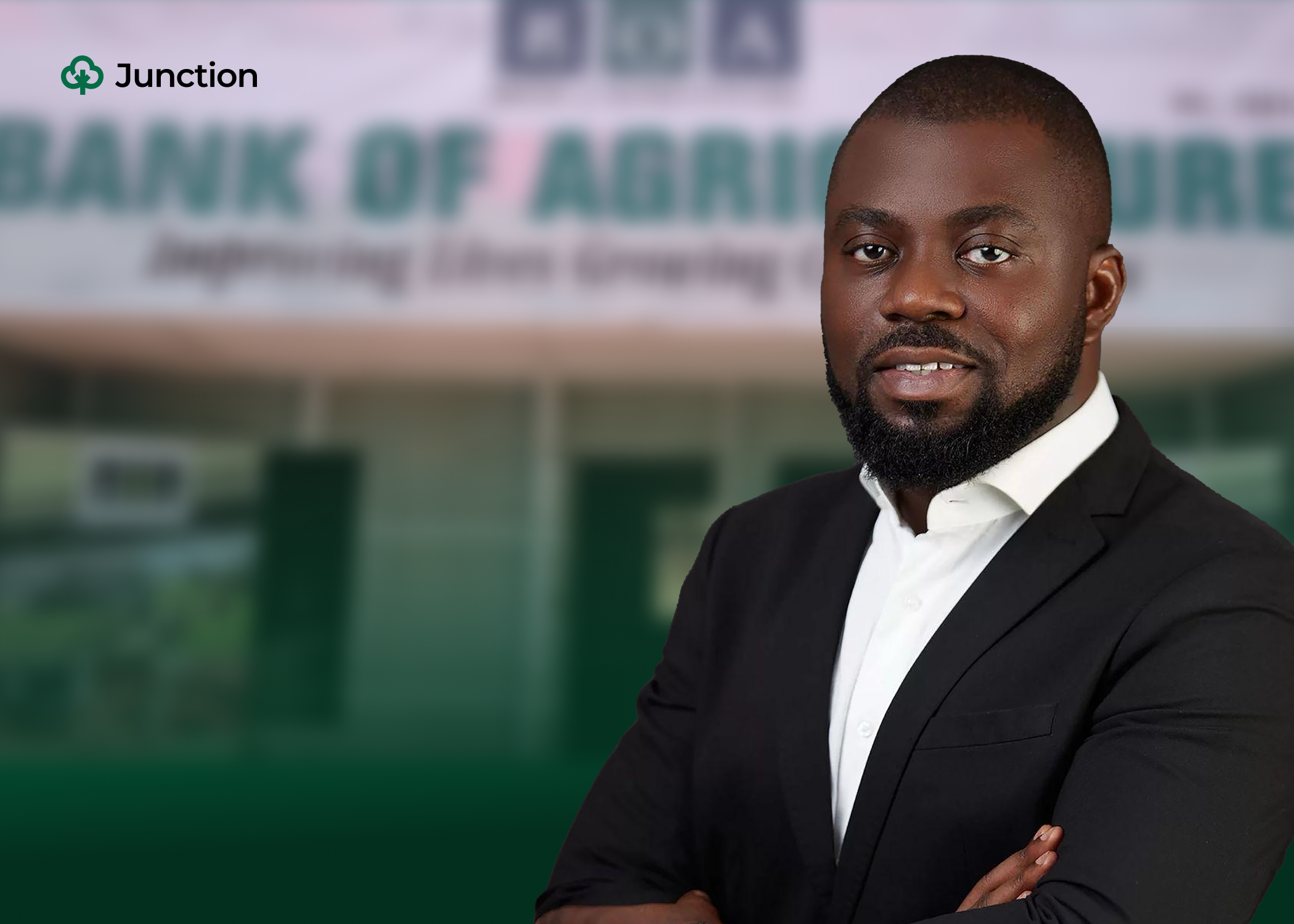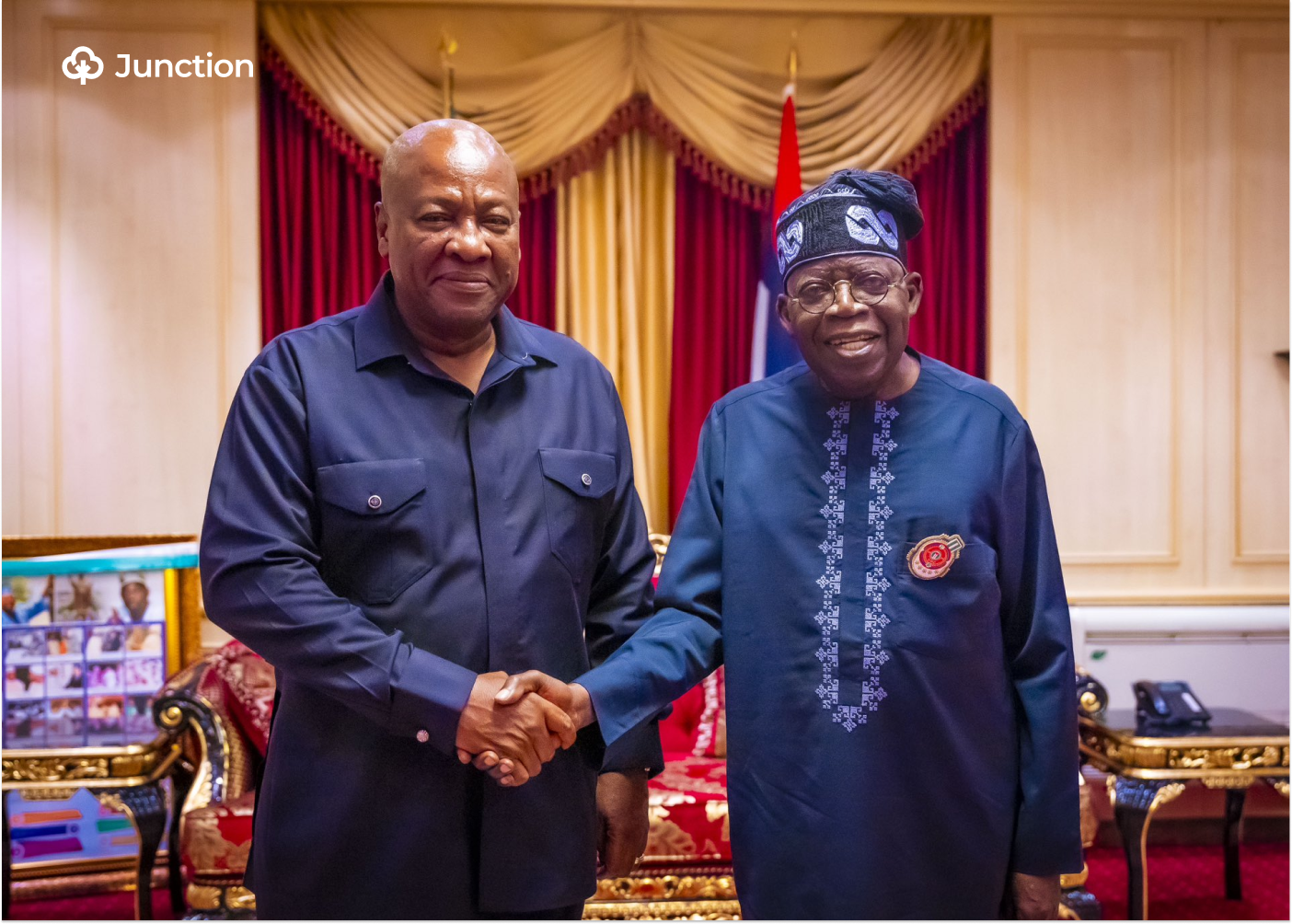President Bola Tinubu has appointed Mr Ayo Sotirin as the new Managing Director of the Bank of Agriculture (BoA), sparking renewed hope for the institution’s revival.
In his announcement, the president highlighted the urgency of Sotirin’s mission —to restructure and reposition the bank to become more efficient, transparent, and impactful.
Sotirin brings valuable experience in capital mobilisation, agribusiness innovation, and cross-sector collaboration. These strengths will be crucial in tackling the challenges ahead. However, his success will largely depend on his decisions in his early days as MD.
Drawing from expert analysis and past criticisms of the BoA, we’ve outlined five practical steps Mr Sotirin can begin his tenure on a strong note —and set the bank on a path to true revitalisation.
Here they are:
1. Revamp the governance and management structure
Experts have blamed the bank’s decline on the absence of a functional management team and a poor governance system.
Sotirin needs to immediately correct this by revamping the leadership structure. Although his extensive experience in the private and public sectors positions him well to drive change in the bank, working with a poor governance structure and an incompetent team will frustrate his efforts.
The new MD needs to establish a functional governing board and appoint vibrant executive directors who can lead the strategic direction of the new BoA in their respective sections.
He, however, needs to watch out for political interference in his operation as much as possible to ensure effective work and stability in leadership.
2. Optimise operations and processes for efficiency
The institution’s clear mandate is to provide financial services and support, especially agricultural credit, to Nigeria’s agricultural sector. Its operations and established process of providing these financial products are allegedly too cumbersome, making it hard for farmers to access their services.
Farmers have complained about the old, slow and archaic process still adopted by the financial institution. The Southwest Chairman of the All Farmers Association of Nigeria (AFAN), Mr Femi Oke, recently decried the operations of the bank, describing it as analogous and archaic. He called for a digital transformation in the bank.
Sotirin needs to immediately invest in ICT infrastructure to modernise and computerise the operations. The bank must re-engineer its loan application and delivery process, improve customer convenience and operational efficiency as it aims to rekindle farmers’ trust in the bank.
By optimising its operations, the bank can even explore digital financial solutions like mobile money platforms, digital credit and loan packages.
3. Recapitalise and diversify funding sources
Although this is expected to be the utmost priority of the new BoA boss, it is practically impossible to achieve this without doing the first two items above, because trust in its capacity has diminished over the years.
For example, the Central Bank of Nigeria, which is mandated to fund 40% of the bank, began exploring other interventions, like the Anchor Borrowers program, instead of working with the existing intervention of the institution.
After solving the leadership and operational efficiency issue, Sotirin can easily work with stakeholders —the Federal Ministry of Finance Incorporated and the CBN— and new ones to recapitalise the bank. The Minister of Finance and Coordinating Minister of the Economy, Wale Edun, had earlier in the year announced ongoing efforts to recapitalise the bank with plans to conclude it in the first quarter of 2025.
Pursuing alternative funding sources through collaborations with international development partners like the World Bank, the African Development Bank (AfDB), Islamic Development Bank is also important because the current reliance on the FG for funding is not sustainable.
Exploring partial privatisation could also inject much-needed capital. With controlling shares potentially going to agricultural trade groups, cooperatives, and professionals, BoA can diversify funding sources and be more sustainably grounded.
4. Establish effective monitoring and evaluation systems to improve loan recovery
BoA’s intervention programmes have been criticised for a lack of effective monitoring and evaluation. Many of the loans are not properly done, some of them are allegedly given to political allies who end up either not using them for legitimate reasons or not paying back.
There is even a perception by some people that BoA loans are government largesse. The bank has accumulated huge bad loan profiles over the years, and several financing projects have failed due to this.
To correct this and ensure that interventions reach the intended beneficiaries and achieve the desired impact, adequate monitoring and evaluation mechanisms need to be put in place, especially for programs targeting poor and smallholder farmers. There are new digital monitoring and evaluation systems that can help the bank achieve this.
5. Refocus strategic direction to support smallholder farmers
The current most urgent crisis facing Nigeria is food insecurity, and the lack of financing opportunities to farmers contributes most to it, after security and insurgency problems. This is why experts have criticised BoA as being complicit in the food insecurity crisis in Nigeria, because its mandate is clearly to provide financial services and support for farmers. BoA’s inability to deliver on its mandate for Nigerian farmers, they say, has contributed to the food crisis.
While the BoA needs to broaden its scope to the entire agribusiness value chain, Sotirin needs to ensure that targeted support is provided to smallholder farmers, who constitute the majority of agricultural producers.
His past involvement in initiatives to empower smallholder farmers through microloans and training will be instrumental to this. He, however, needs to develop appropriate loan products in terms of structure, tenor, amount, moratorium, and pricing that are suitable for the needs of smallholder farmers.
Loan intervention for smallholder farmers can be risky due to vulnerability to economic challenges, which may affect their repayment. This is why implementing a customised marketing and financial extension service to help smallholder farmers improve their practices and manage their finances better is another important step the BoA boss should take.
By taking these steps, leveraging his experience, and focusing on the core mandate of supporting the agricultural sector, Ayo Sotirin can lead the Bank of Agriculture towards becoming a more effective institution in addressing the challenges faced by the Nigerian agriculture sector and smallholder farmers, thereby contributing to Nigeria’s food security and economic development.



